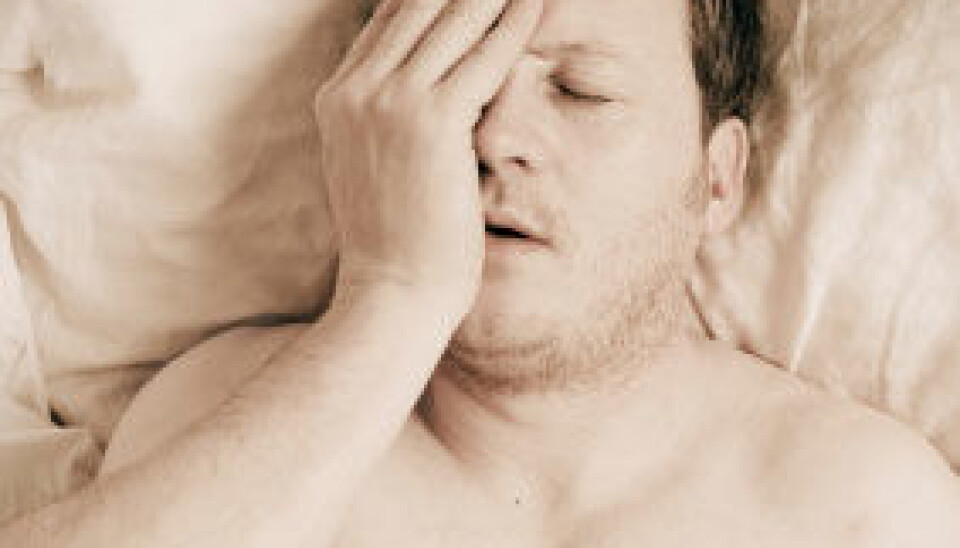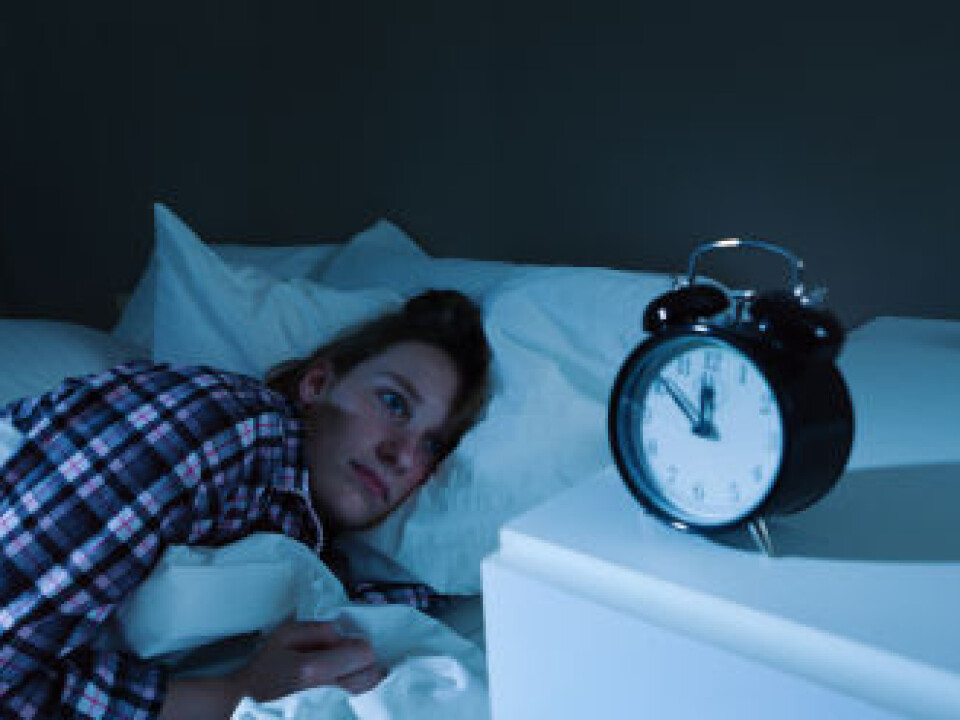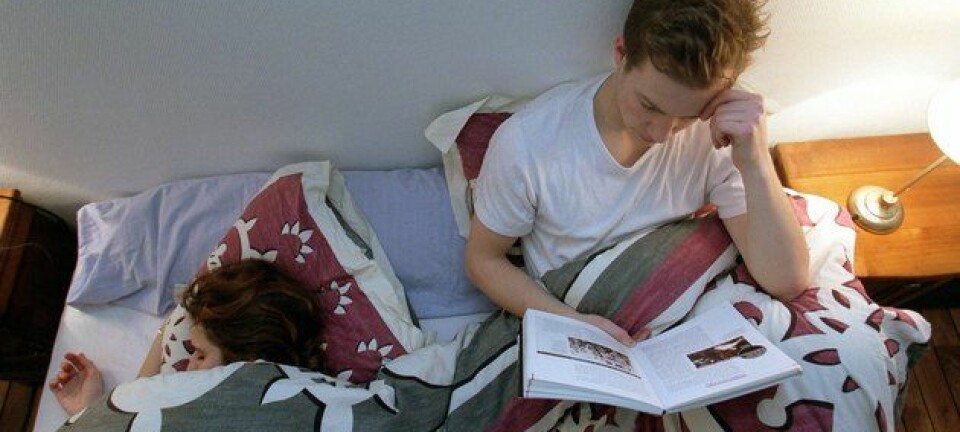
The past can haunt you and trigger insomnia
Like the Ghost of Christmas Past, bad memories can be preventing a good night’s sleep.
Health authorities say that one out of ten persons struggles with long-term sleep disorders.
The causes can stretch further back than this week’s stress at work.
Sleep problems are linked to negative memories and how a person tackles emotions.
This may seem self-evident, but now it has been demonstrated by Swedish researchers in a study. We already knew that gender, age and emotions have roles in how we sleep.

“This is like another fitting another piece of the jigsaw puzzle. The study reinforces the theory that our thoughts can comprise a risk factor for long-term sleep disorders,” says one of the researchers, Shane MacDonald, in a press release from Örebro University in Sweden.
Indexing their memories
MacDonald and co-researcher Reza Kormi-Nouri recruited 313 adult students and asked them to try and remember various episodes of their lives from the past ten years.
Then the test persons were asked to index these memories into three categories, positive, negative and neutral. The researchers then queried about their sleeping habits.
Perhaps it’s no surprise that the students with abundant negative memories and few positive ones slept worst. The participants with more prominent positive memories slept most soundly.
“Our study showed a clear connection between negative memories and sleep problems,” says McDonald.
The Swedish researchers write that negative memories appear to cause sleep problems regardless of a person’s sex or age.
When they factored in the test persons’ ways of dealing with their own emotions – called their patterns of affect – they still found that negative memories on their own have an impact on sleep, according to the article in The Journal of Positive Psychology.
One in three experience sleep disorders
Lots of people have problems getting a good night’s rest. Over 30 percent claim to sleep poorly periodically and ten percent have long-term problems, according to another article on sleep mechanisms, in the Norwegian Medical Association’s journal, Tidsskriftet for Den norske legeforening.
The latter report notes that problems with sleep are a common reason for people to visit their MDs. The Norwegian website forskning.no has warned against seeking solutions to insomnia and sleep disorders on the internet.
Another factor with an impact on sleep is the temperature in our bedrooms. But the issue of too hot or too cold is much a matter of personal preferences.
-----------------
Read the Norwegian version of this article at forskning.no
Translated by: Glenn Ostling










